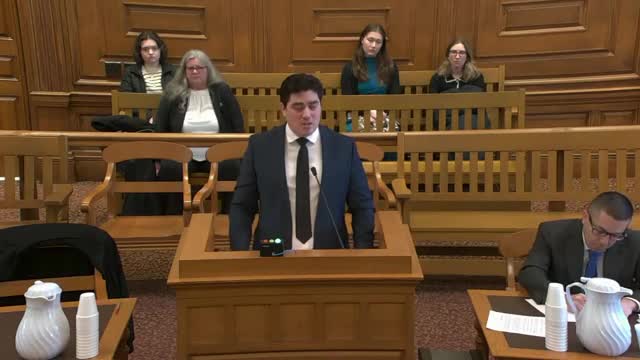Article not found
This article is no longer available. But don't worry—we've gathered other articles that discuss the same topic.
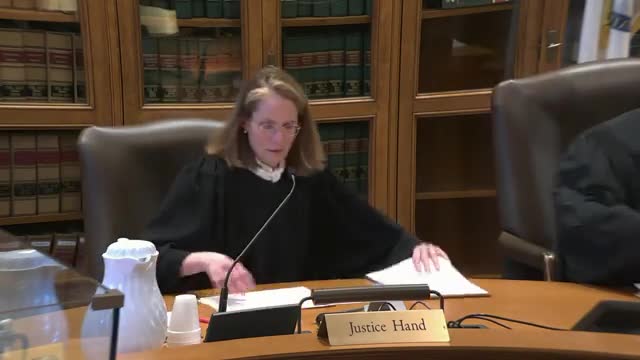
Appeals court examines municipal immunity after school shooting in Dorsey v. City of Boston
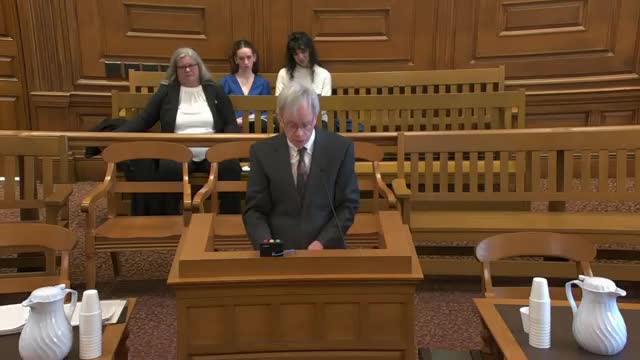
Appeals court hears sufficiency and authentication challenges in Commonwealth v. Sanchez gun case
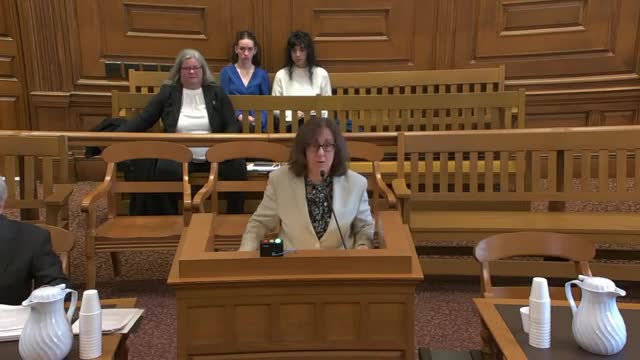
Appeals court hears argument over scope of warrant in Commonwealth v. Hansen
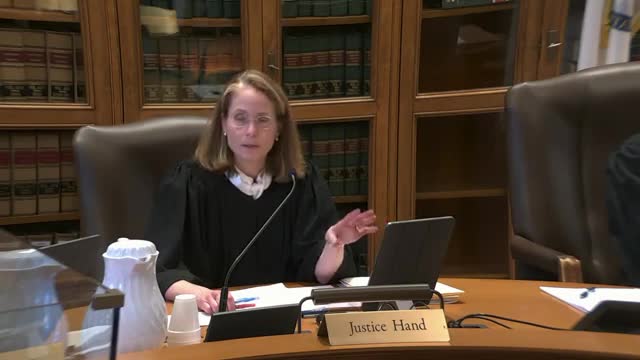
Appeals court hears free-speech, mens rea arguments in Commonwealth v. Ecker
